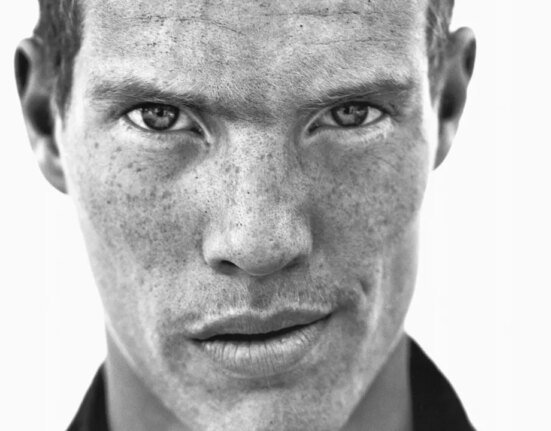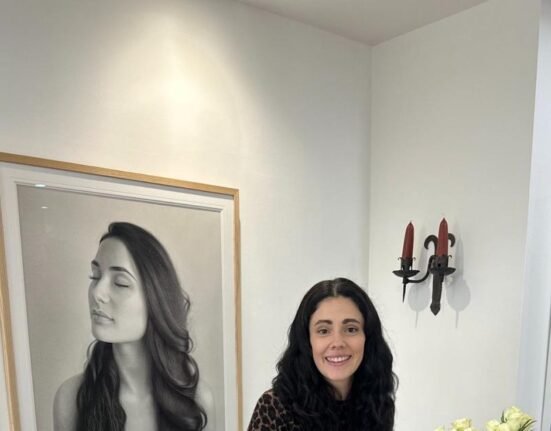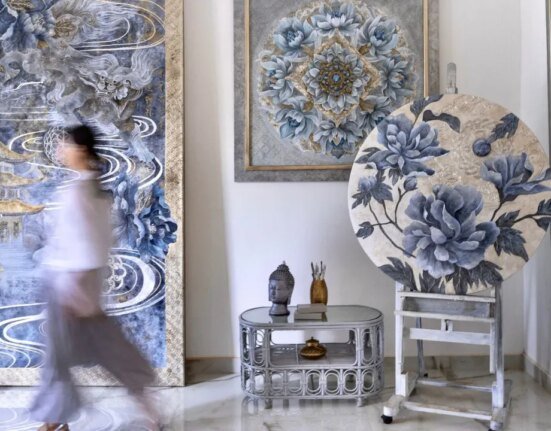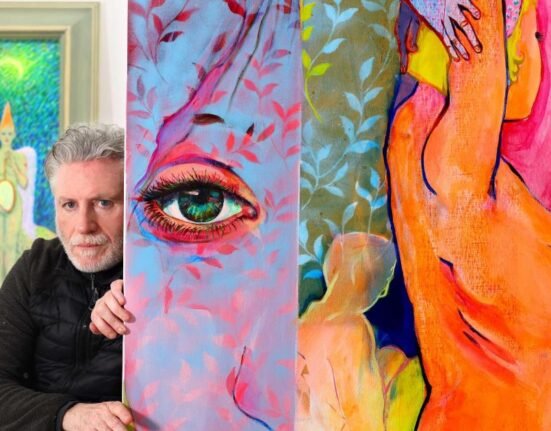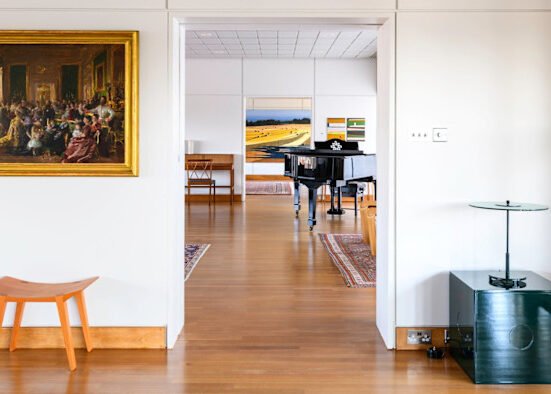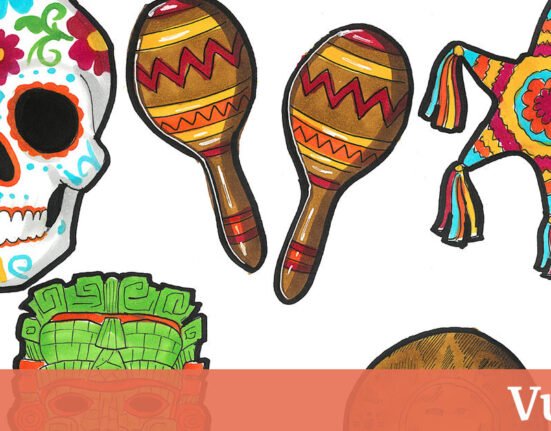
There has been a lot of buzz about the French-Israeli entrepreneur, art collector and majority owner Patrick Drahi potentially taking Sotheby’s back to the public market or accepting offers from other investors to rebalance the auction house’s debt burden. Now, the Abu Dhabi-based sovereign wealth fund ADQ has announced the acquisition of a minor stake in Sotheby’s via a $1 billion investment that will support the firm’s growth and expansion in new markets with a particular focus on “establishing an even more robust presence in the Middle East.”
The investment by ADQ aligns with the cultural policies that have been put in place in the UAE to develop and grow local art scenes as part of a broader strategy to diversify its economy and position itself as a global cultural hub. The opening of the Louvre Abu Dhabi in 2017 was just the first achievement of a long-term plan that includes support for many other museums and cultural initiatives, including Guggenheim Abu Dhabi, set to open in 2026. Most of these new destinations are opening on Saadiyat Island, which could become the country’s leading cultural center.
Drahi acquired and privatized the 275-year-old auction house via Bidfair USA in 2019 for $3.7 billion. He’s not stepping away from Sotheby’s but rather will invest additional capital alongside ADQ to remain Sotheby’s majority shareholder. This will result in considerable cash flow for the auction house, which will help it continue operating in the current market downturn.
Established in 2018, ADQ is a major investment and holding company owned by the government of Abu Dhabi and tasked with transforming the UAE into a knowledge- and culture-based economy. It manages the Emirate’s vast oil revenues, with investments in everything from sustainable energy to aerospace, technology, healthcare and the arts.
What makes this news surprising is that just a few months ago, S&P Global Ratings downgraded Sotheby’s to a ‘B-‘ from a ‘B,’ due in part to weaker first-quarter 2024 and fiscal year 2023 performance than expected thanks to lower auction and inventory sales and higher direct costs. And last month, Sotheby’s made headlines with a significant round of layoffs, cutting a total of around 200 employees or roughly 10 percent of the auction house’s workforce across global offices.
Concurrently, Sotheby’s parent company, Bidfair, has reportedly also been struggling, with the Financial Times reporting that corporate filings show the company with approximately $3.5 billion in long-term debt at the end of 2023. This substantial debt burden is noteworthy, given the potential risks associated with maintaining such a high level of leverage. Without the ADQ investment, Drahi would have had to take significant steps—potentially asset sales, restructuring or refinancing—to manage the debt load effectively.\
SEE ALSO: Olafur Eliasson’s Show in Istanbul Questions Our Perception of Environments
All that considered, in a moment in which the art market has arguably reached a new low globally, this news is reason to be optimistic. If such a big institutional investor is willing to enter the art market as part of its long-term strategy, perhaps the money to sustain that market across the board lies in similar investments.
Before the ADQ announcement, Sotheby’s was already implementing a growth-focused strategy, opening Sotheby’s Maison in Hong Kong’s hyper-competitive Central real estate district to expand the auction house’s role in the region. With 24,000 square feet of exhibition, auction and administrative space, the new Hong Kong flagship could solidify the auction house’s presence in the region with broader offerings across different collectible categories, not just fine arts.
Sotheby’s is also set to relocate its New York headquarters from its headquarters at 1334 York Avenue, which it has occupied since 1980, to the iconic Breuer Building—bought by the auction house for around $100 million. Marcel Breuer originally designed the historical brutalist structure to house the Whitney, and it has since housed the collections of the Metropolitan Museum of Art and Frick Madison. And just a few months ago, the auction house announced a new flagship Paris location in the city’s art, fashion and luxury district, opening in October in conjunction with Paris Art Week.
Collectively branded “Another World,” these moves mark a significant shift in how the auction house does business. In the past few years, Sotheby’s has also expanded its Middle Eastern art offerings, organizing dedicated sales not only in the region but also in London of works by renowned artists such as Mahmoud Said, Parviz Tanavoli and Farhad Moshiri, who have sold pieces for over a million dollars. These auctions, which had strong sales results, reflect an increasing demand for art from the region. This month in London, the auction house is presenting “Hafla,” a dedicated sale celebrating the art of the Middle East, with lots spanning from the early Islamic period to modern and contemporary works, with a focus on the art of Saudi Arabia.



